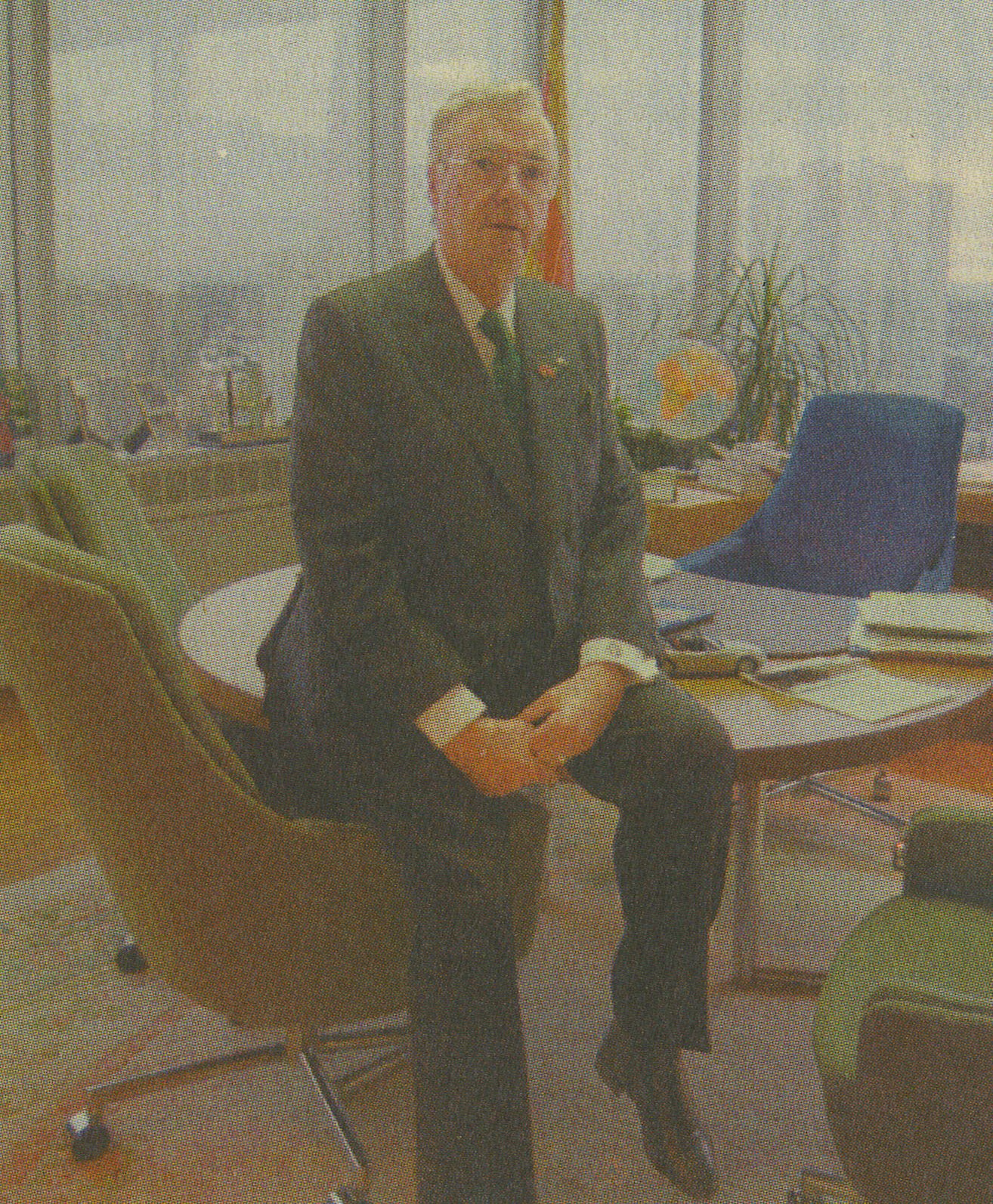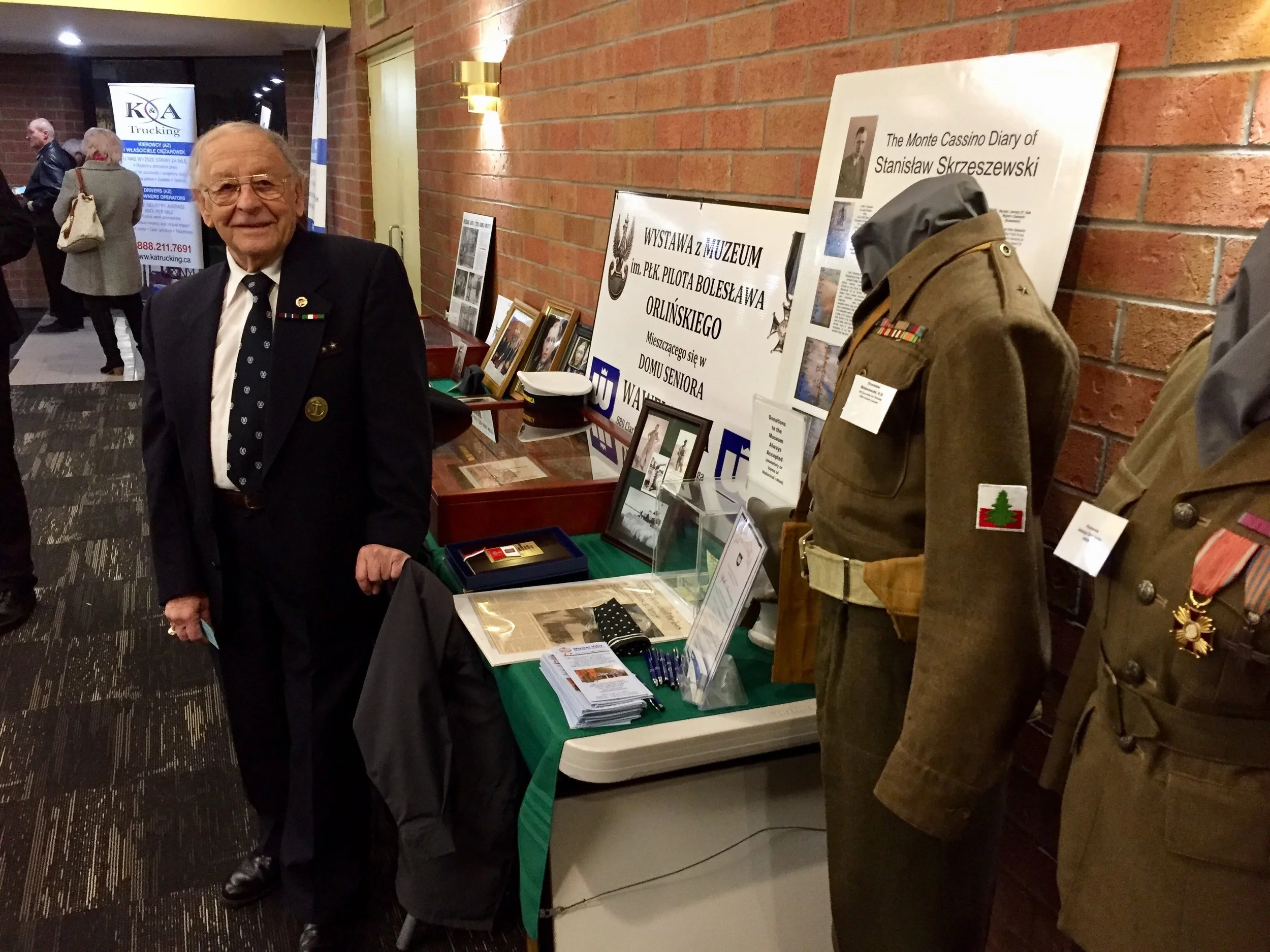The History of Mississauga’s Kennedy Family – Part 2
/Evelyn Kennedy.
Many individuals have left their marks in the annals of Mississauga’s ever-evolving story, but few families have served their community with such passion and dedication, and without fanfare, as have the extended Kennedy family. With a grass-roots approach and a strong moral standard, the Kennedy family, even in their quiet way, have helped to shape the City that we call home today through successive generations.
We will continue our look at the Kennedy family with Colonel T.L. Kennedy’s brother, Jack Kennedy, and the remarkable story of Jack’s wife, Evelyn.
John Robert Kennedy Jr. (“Jack” to many), the younger brother of Colonel Thomas Laird Kennedy, was born in 1883, the youngest child of six born to Mary and John Kennedy Sr. Born and raised at the Kennedy family home farm of Braeside, near modern Tomken Road and Dundas Street, John Jr. attended the one room schoolhouse, School Section #1 (Dixie Public School), on Third Line East (now Dixie Road). Jack also served with the Governor General’s Horse Guards.
John Jack Kennedy Jr.
In 1912, Jack married Mabel Evelyn May Ellis (Evelyn) from Oxford County, and the couple had seven sons and three daughters: Dorothy Maude (1913-1928), John Gordon “Gord” (1914-1979), Robert Douglas “Doug” (1916-2003), Bessie Evelyn (1917-1918), Arthur Palmer “Art” (1919-2022), Muriel Evelyn (1920-1960), Thomas Edmund “Ted” (1922-2003), Richard Melville “Dick” (1924), Harold Elgie “Hal” (1926-2009) and Donald Ellis “Don” (1929-2014). Following in his father’s and brother’s footsteps, John Jr. took an active interest in his community, serving as Toronto Township Councillor from 1917-1919, Deputy Reeve in 1920-1921, and a Township Clerk from 1922-1931. He also continued his ties to the land, and Jack and Evelyn established their own farm.
In 1931, John Jr. died suddenly, leaving his wife Evelyn to raise 10 young children. Two children, Dorothy and Muriel, were killed is separate lightning strikes (at ages 15 and 40 respectively), while a third daughter, Bessie, died at age 1. This left Evelyn, in the midst of the Great Depression, with a farmhouse full of children and little means of support. In an effort to provide for her young family, and perhaps to give the children a creative outlet, Evelyn created “The Kennedy Kids”, a radio drama on CBC Radio which she wrote and in which her children starred. The popular show focused on the Kennedy family and community life around the family farm.
Jack and Evelyn Kennedy's House - Dixie.
During the Second World War, Evelyn found work with Dominion Small Arms Ltd. at the foot of Dixie Road in Lakeview. She was also a teacher in two local one-room schoolhouses, ran a nursery school, and served as a missionary in her later years. Evelyn passed away at the age of 95 in 1985. For more information on the life of times of the remarkable Evelyn Kennedy, we recommend When Lightning Strikes by Joyce Beaton.
But back to the Kennedy Kids radio drama program: the show was unique at the time and focused on the daily life of the children and family and life in the community of Dixie. The program was sponsored initially by Doctor Jackson Foods Limited, and the Kennedy family portrayed the image of a fun-loving, hardworking family with traditional values. The children were cast as themselves, and the show was initially aired on CBC radio, and later on CFRB, CRCT and CKEY.
Evelyn Kennedy with children Ted, Arthur, Dorothy, Harold, Doug, Dick, Muriel and Gordon - 1927.
Beginning in 1931 and running through 1935, advertisements in the Toronto Daily Star announced “Listen to the Kennedy Kids on CRCT every Tuesday and Thursday at 5:15 pm.” Audiences were said to find the radio show hilarious, and full of “boys’ mischief”, including failed attempts at making cider, playing in the creek (and routinely losing their rubber boots), misadventures with fireworks, and “playing” with fire. It was broadcast in markets across Canada and in the northeastern United States, which was remarkable for radio programming in the early years of the Depression.
Picking Strawberries, Kennedy farm, Dixie.
The well-received show was lauded for highlighting the positives of community life and focusing on family and laughter in a time of great turmoil and social stresses. The program ceased in 1935 due, reportedly, to Evelyn’s lack of time to write and prepare the scripts and that the children were growing, attending school, and the older ones were beginning to look for jobs themselves. Evelyn Kennedy was recognized as a pioneer in children’s programming in Canada by ACTRA (Alliance of Canadian Cinema, Television and Radio Artists).
Despite the tragedy of losing Jack at a young age, due to the perseverance of Evelyn and the support of their uncle, T.L. Kennedy, the “Kennedy Kids” grew to become respected pillars in their communities.
We will continue the Kennedy story in Part 3.















